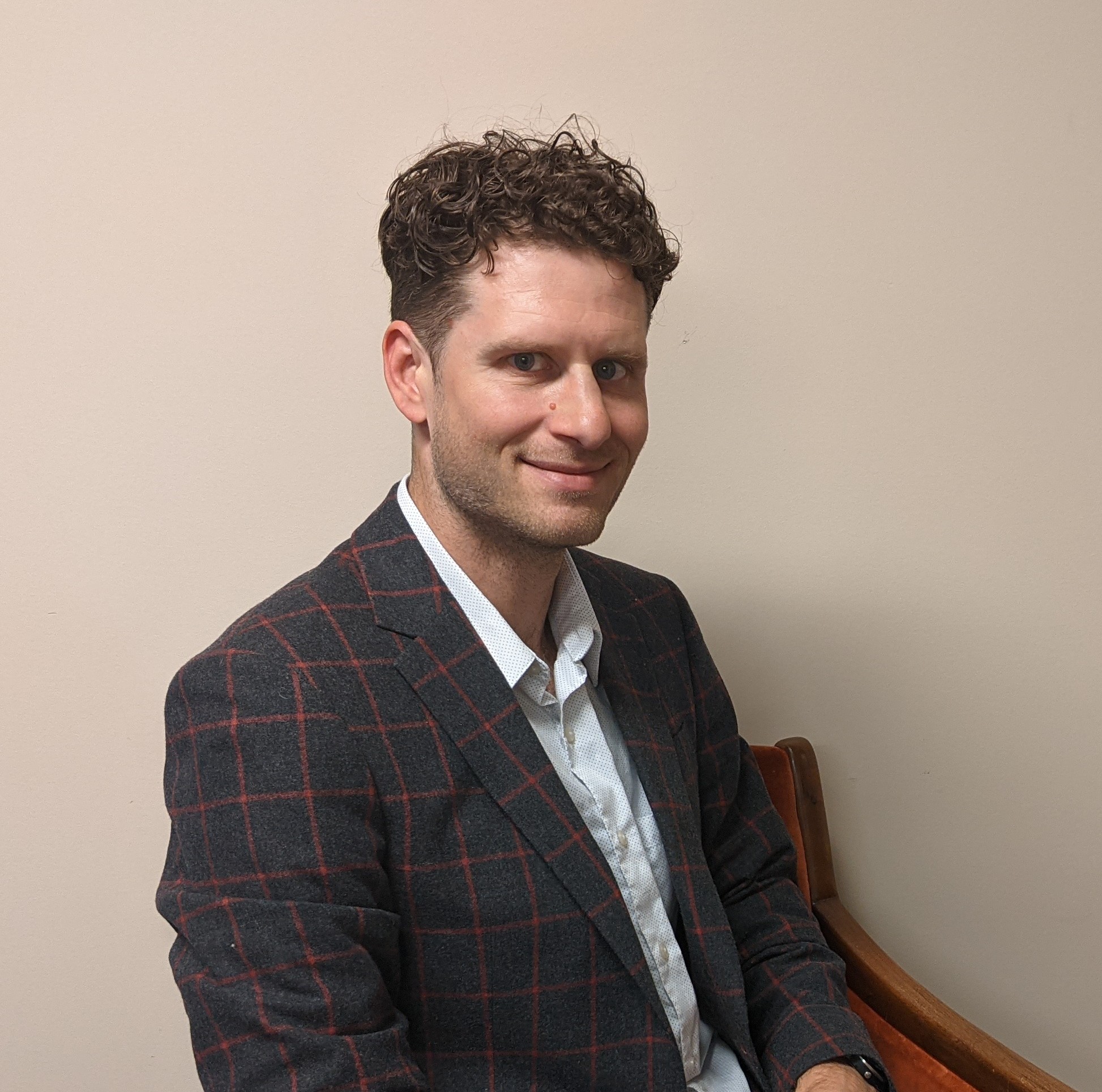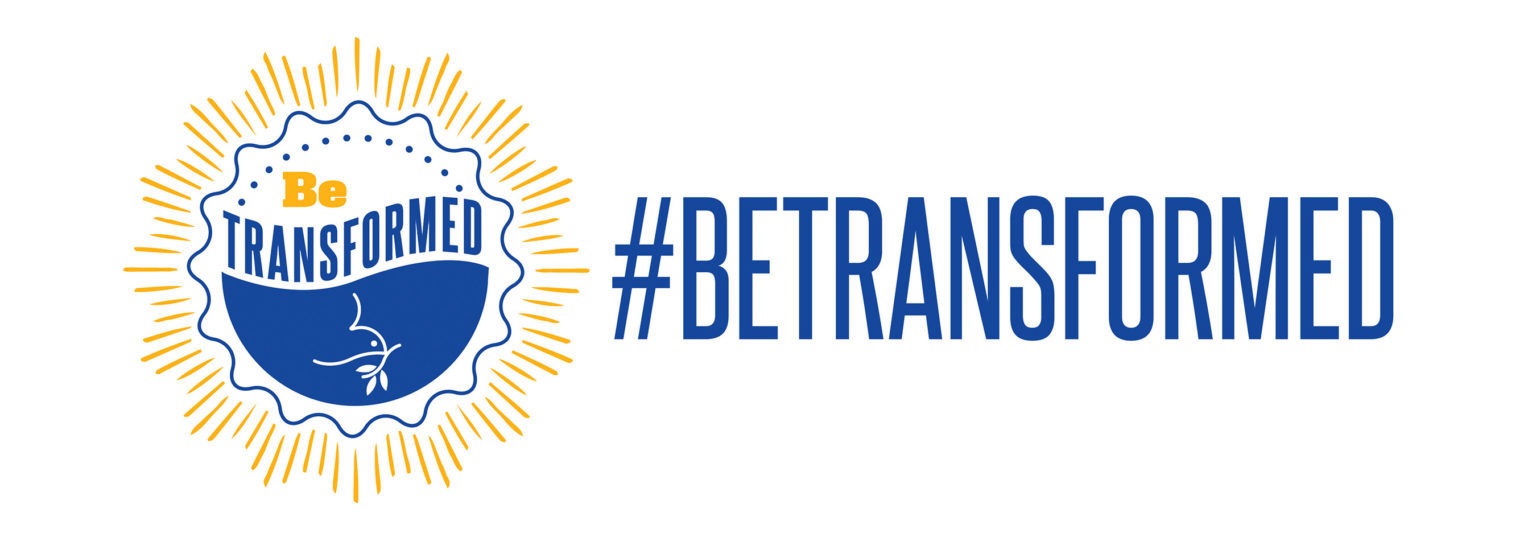This post is part of Mennonite Church USA’s #BeTransformed series.
 Thomas Dunn lives in Akron, Ohio, and pastors Crown Hill Mennonite Church. He has degrees from Bluffton University and Case Western Reserve University. He enjoys all of the cycling disciplines but regularly spends time road, gravel and mountain biking. Thomas is a member of the Mennonite Church USA Executive Board. This is his first term.
Thomas Dunn lives in Akron, Ohio, and pastors Crown Hill Mennonite Church. He has degrees from Bluffton University and Case Western Reserve University. He enjoys all of the cycling disciplines but regularly spends time road, gravel and mountain biking. Thomas is a member of the Mennonite Church USA Executive Board. This is his first term.
______________________________________________
Attempting to describe the process of spiritual transformation quickly brings me to the limits of my ability to communicate. Transformation is such an amorphous process that I do not even fully understand how, and in what ways, I have been transformed over my lifetime. That being said, I am grateful for the work of Bryan Stevenson, a lawyer, social justice activist, founder/executive director of the Equal Justice Initiative, law professor and author of “Just Mercy.” Stevenson has given me a simple way to understand the transformative power of the Holy Spirit in my life.
Stevenson uses the concept of proximity: “When you get proximate to the excluded and the disfavored, you learn things that you need to understand if we’re going to change the world. Our understanding of how we change things comes in proximity to inequality, to injustice. Proximity will empower you.”[1] Try typing “Bryan Stevenson Proximity” into Google and see what all comes up! Stevenson’s emphasis on proximity resonates deeply with my journey.
As I look at the ways in which I have been transformed, it is always a result of who I am close to.
One of my earliest moments of transformation was on a Mennonite Central Committee (MCC) service and learning tour to Guatemala, as a teenager. This was the first time that I was in close proximity to the developing world, and it transformed my worldview. I could no longer believe that if you worked hard and made good choices in life, you would end up being comfortable and successful. I was never explicitly taught this concept of a meritocracy, but it is what I absorbed from my community and what I saw in my limited experience. However, my experience up until that point had not put me in proximity to people who had suffered generations of warfare, exploitations and other injustices. I was forced to change my worldview as I walked alongside Mennonites from Guatemala. I am forever grateful for their hospitality and how they opened themselves up to an ignorant 18 year old from Ohio.
More recently, I have experienced transformation through my proximity to other pastors in my area. For nearly a decade, a group of pastors have been intentionally meeting together weekly to plan combined events for our churches, as well as to share openly about the joys and challenges we are facing in our congregations and personal lives. This group has included a Hispanic pastor, a Black pastor and white pastors. We have worked together at developing our intercultural competencies and understanding how racism is experienced in our area. We’ve learned to listen and to share openly. We have walked with one another though deep theological/exegetical questions, we’ve held each other accountable, and ultimately, we’ve enabled one another to remain in the pastoral ministry through some turbulent times. My proximity to these other pastors has transformed me, individually and as a person in ministry.
These two examples are major life transformations for me, but I have also been transformed by the multitude of smaller interactions with individuals and cultures that I have come close to. I believe God leads and guides all these interactions and is constantly calling us to get proximate to the excluded and the disfavored, because that is where Jesus is.
We are called not to just go and help those excluded and disfavored but to get close enough that we will be transformed by the relationships.
My hope for myself and for the church is that we can continue to get closer to one another and closer to those who are not yet a part of us. Through proximity, the Holy Spirit will transform and renew us. In isolation, we will resist God’s call and become stagnant.
[1]https://www.bates.edu/news/2018/05/27/get-proximate-to-people-who-are-suffering-bryan-stevenson-tells-bates-college-commencement-audience/
Read more about this biennium’s theme, #BeTransformed, here.


